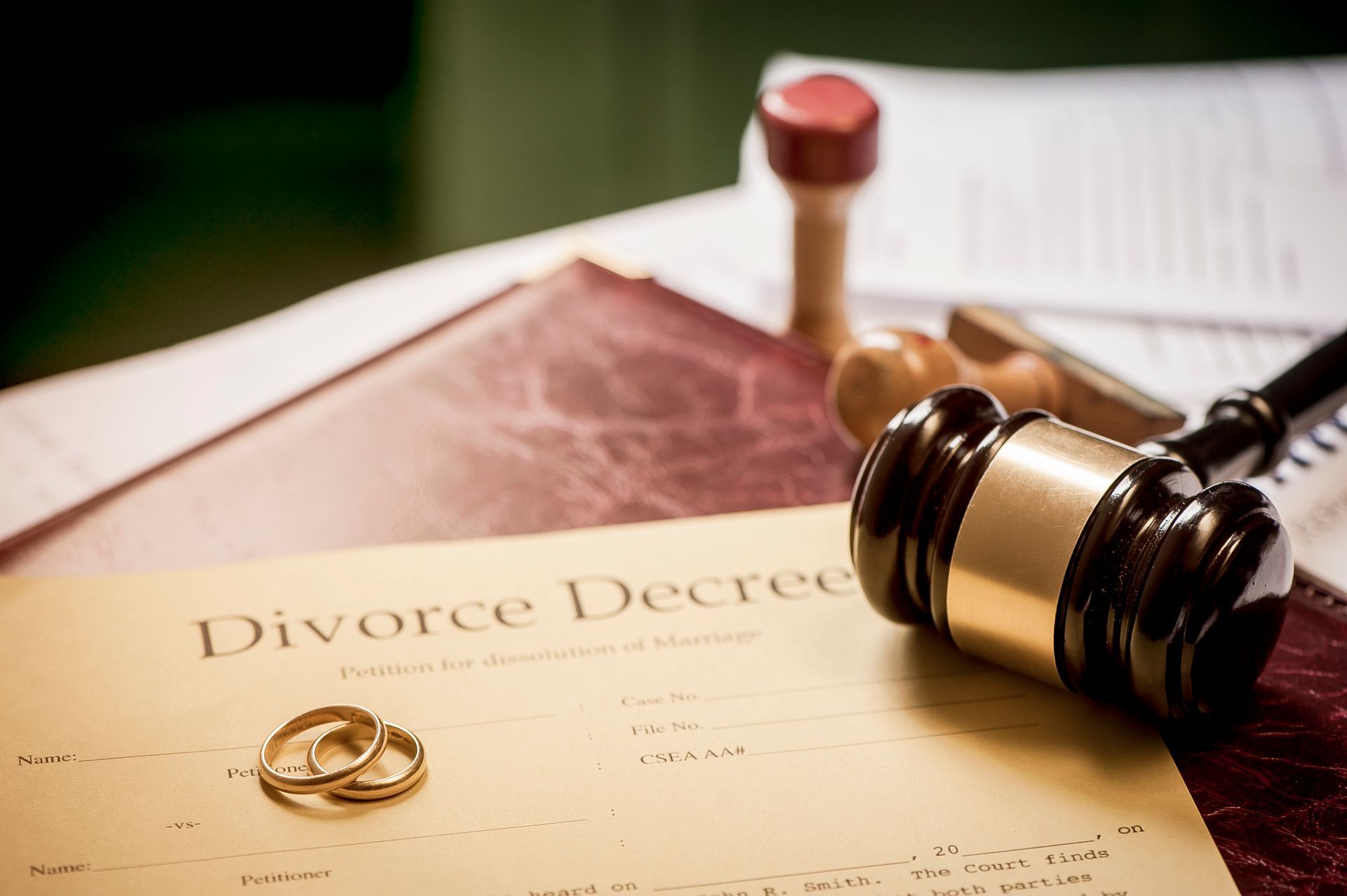Power of Attorney: Everything You Need to Know
Making decisions about your future and who will be responsible for your affairs is a tough task. With such a complex and important decision, you should understand what power of attorney is and all the considerations that come with it. In this article, we will look at power of attorney in detail to help you understand how this provision can help you.
Overview
A Power of Attorney (POA) is a legally binding document that delegates authority to another person to act as your agent or attorney-in-fact. Depending on the authorities you describe, the degree of authority granted in the document may range from restricted to extremely broad.
Your agent can undertake any activity specified in the agreement, including the execution of real estate purchase or sale agreements, checks, and securities sales. However, the agent must present the POA to the concerned parties. You can use the POA to exercise your authority in personal and professional situations.
Mechanism
The first step to setting up a POA is to choose an agent you trust to take care of your affairs if you can't. Then, you should decide how much power the agent will have, such as whether the POA goes into effect right away or only when you can't make decisions for yourself.
Next, you need to find a template that meets your state's requirements and follow the steps to put it into action (which may involve notarization and witnesses). Talk to an attorney to ensure the POA meets all of your state's criteria and to make sure it has language that makes it clear what the POA covers.
Once you set up the POA, the agent can use it when needed. With the POA, the agent can act on the principal's behalf in legal or financial matters. However, you must have the full mental ability when you establish the POA, and the POA will only be effective while the person has total capacity. At any time, you can cancel the POA or replace it with a new one.
Types
Several types of POAs exist, each with its own level of authority and responsibility. The four primary types are general POA, durable POA, special or limited POA, and springing durable POA.
General power of attorney
A general POA gives the agent broad capacity to act on behalf of the principal. The agent can use this authority for various tasks, including signing legal documents and buying and selling real estate. However, a general POA becomes invalid if the principal suffers from mental incapacitation.
Durable power of attorney
A durable power of attorney is comparable to a general POA. A durable POA also contains a provision that permits the agent to follow the principal's instructions even if the principal loses mental capacity. This POA can help the principal manage funds and make healthcare decisions. The principal can always revoke a durable POA, provided they have the mental capability to do so.
Limited or special power of attorney
A special or limited POA allows an agent to act on behalf of the principal when they cannot, such as when the principal is unwell or away from home. The agent's power can only carry out the specified tasks listed in the POA. The agent cannot apply their power in any other way.
Springing durable power of attorney
A springing durable power of attorney (POA) is comparable to a durable POA. However, a springing durable POA does not take effect unless a specific circumstance happens.
This kind of POA allows an agent to act on behalf of the principal in the event of the principal's incapacity. The POA must contain a provision outlining the necessary requirements before the POA takes effect. A springing durable POA will be in force until the principal revokes it or recovers it.
Contact us at John D. Wieser Esq., PC if you need legal assistance with the formulation and documentation of a power of attorney.









